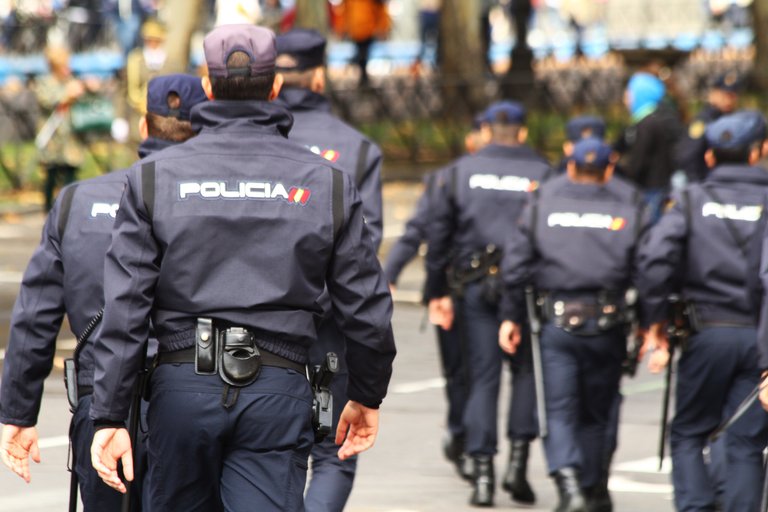Dangerous Metaphors
Published in Berria on 24 March 2020

In recent days, both in Spain and other countries, the language of war is predominating among the authorities when talking about covid-19 and coronavirus. This trend has received severe criticism in many respects, even from a scientific point of view.
And, given the nature of viruses, the metaphor of war is totally inadequate. Viruses cannot be overcome. It is estimated that there are about 10 and 31 in the world, they infect all kinds of living things (bacteria, plants, fungi, animals), of which only a few are pathogens. Since they cannot endure or reproduce outside the cells of other living beings, many do not consider them alive. In any case, they are the motor of evolution and our DNA we have their tracks. They live in us thanks to us and in part to them too. In this context, speaking of war does not make much sense.
Unfortunately, the virus that causes COVID-19 disease (SARS-CoV-2) is pathogenic. It mainly infects the cells of the pulmonary alveoli and in the worst cases causes pneumonia. The most serious patients are treated in the special care units, many others are being cured in the hospital rooms, and people with milder symptoms overcome them in their homes. At the same time, a series of studies are underway for the development of antivirus and vaccines, in which epidemiologists and public health officials are committed to halting the spread of the disease. Collaboration and interdisciplinarity are the keys, not weapons and violence.
Aside from the metaphors of war, two scientists, paleoanthropologists Juan Luis Arsuaga Ferreras and María Martinon Torres, have compared covid-19 with forest fires. According to them, the disease spreads like fire. To control and turn off the big fires, you must first have a map, permanently updated, where the main lights are located and how the flames unfold. Then you have to go off the lights and watch the bellows so they do not turn on again. In addition to firefighters, measures are needed to protect resources, information, firewalls and the population. And when only ashes remain, the areas burned by fire should be planted. To do this, they consider it convenient to save some cutting.
The two scientists, in addition to giving a lesson in the future, have no doubt that a fire will occur; their metaphor is closer to reality than war. And that has its importance, since the distortion of reality and the awakening of an excessive hope is harmful. In other diseases, such as cancer, it has been clearly seen: the metaphor of the struggle and the message of victory indicates that those who do not overcome the disease have not put enough on their own.
Aware of the importance of words, during the month of February, when the disease caused by coronavirus began to spread from China to the international world, WHO called COVID-19 the disease, in order to bind it to a given country and avoid racism. In addition, he published a guide to avoid stigma. In fact, stigmatization can cause serious side effects, such as that those infected may induce them to hide their situation and, therefore, increase the risk of transmitting the virus to others. This has occurred with AIDS and other infectious diseases. That words do not increase the damage of the virus.
Buletina
Bidali zure helbide elektronikoa eta jaso asteroko buletina zure sarrera-ontzian











